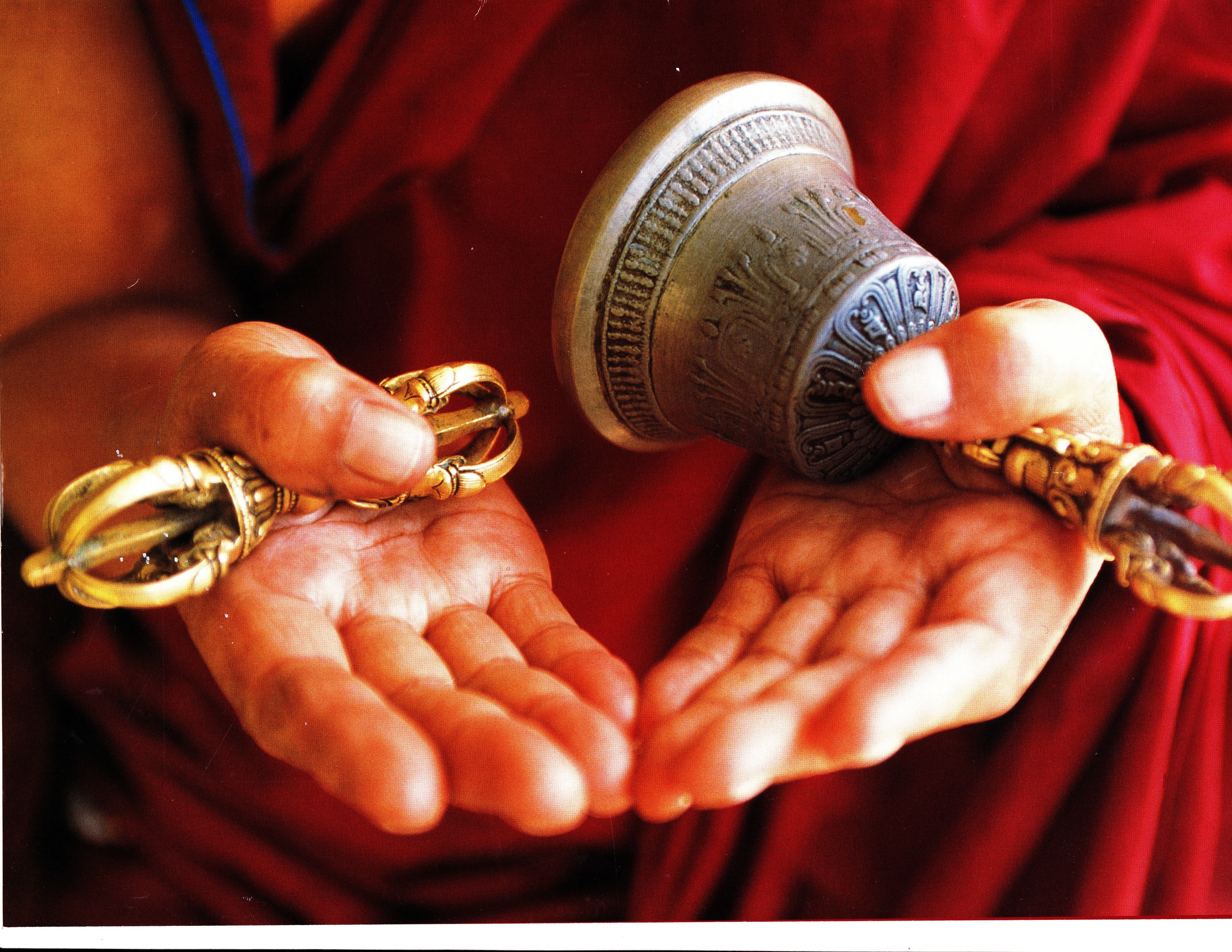“Do Unto Others as You Would Have Them Do Unto You,” takes us deeper than just refusing to do harmful things. It means that we use our talents to contribute to the lives of others making their security and happiness as meaningful to us as our own. When we do so with kindness, we are practicing a life of love, not just to the nearest and dearest, but also to the neediest and to all the people we encounter without exception. Love all means All.

I invite you to take a little time to reflect on how you may have flourished by living by the Deep Golden Rule. Here are Seven Golden Rule Questions to Consider:
1. Why Do I Feel Good when I DO Good?
Why is it that when we contribute to lives of others by kindness and helping, we discover happiness and resilience?
Of course, we have to look after ourselves and not neglect our own needs, but when we move past selfishness to serve others we find life more meaningful and interesting. We don’t have to depend on others returning the favor because in the very process of giving we are liberated from the boring focus on the self and its problems, and from destructive emotions like bitterness, hate, and despair. In fact, we can never be lonely when we are busy being kind and helpful.
Fact: In one national survey of 5000 adults, 41% had volunteered about 100 hours a year, or a couple of hours per week. How did they feel?
- 89% agreed that “volunteering improved my sense of well-being”
- 73% “lowered my stress levels” (serenity)
- 92% “enriched sense of purpose in life”
- 68% “made me feel physically healthier”
- 77% “improves emotional health”
- 78% “helps recovery from loss and disappointment”
- Improved sleeping, friendships; reduced anxiety & helplessness, 25% volunteer through their workplace, and 76% of them feel better about employer as a result
2. How Have I Healed Others by Being Kind?
“Medicine heals many wounds, but love alone heals all wounds.”
~Anonymous
Kindness, compassion, and love heal in countless ways. Children who experience parental kindness rather than adversity have much lower rates of mental and physical illness in mid-life, and avoid alcohol or drug abuse as teens. Patients who experience empathy from their physicians and nurses are more likely to continue on with challenging medical treatments, to share important information about their illness, and to practice good preventive health habits. In everyday life, when we encounter people who have been bullied or abused, we can have the courage to be kind and thus heal their fears. We encounter difficult people who really test our kindness, and we can help them heal them too, with unconditional love.
Fact: Kindness and empathy encourage patients to take better preventive care of themselves and adhere to treatments. Their stress levels are reduced and their rate of healing is improved.
3. What and Who Inspired me to Love All Humanity without Exception?
Have you become someone who tries to be kind to all people without exception? This includes not just the nearest and the dearest, like family members and close friends or peers, but the neediest and total even strangers. This doesn’t mean that the nearest and dearest should be less loved, but it does mean that we should all be leaning outwards whenever possible to help even those we do not know.
Fact: We learn love for humanity from our role-models and mentors who pass the torch from one generation to the next, and allow us to observe the details of their words, interactions, and interactions.
4. How Will I Use My Talents to Pursue a Career that Contributes to the Lives of Others?
Every one of us has unique talents and gifts, and when we develop these so as to contribute to the lives of others our lives will be filled with meaning, resilience, creativity and purpose. When our work is an expression of creative kindness directed to those in need, everything seems to flow effortlessly. We can be doing any job at all no matter how simple or humble, and if it is done with kindness and generous purpose, it is completely fulfilling. A higher purpose to make a positive difference in the world always leads to a special form of happiness and flourishing.
Fact: Studies show that one of the best ways to create a successful culture on the job is to engage in kindness and generous behaviors with co-workers and customers.
5. How Have I Experienced Directly or Through Others a Spiritual Power of Love that Strengthens Me to Practice Kindness Even Toward Difficult People?
What do people mean when they report a spiritual experience of divine Love? How common is this? Is this experience associated with emotional healing and expanded benevolence? Does this experience help us to treat even the most difficult people with kindness? How might meditation and possibly prayer fit in?
Bill Wilson, co-founder of Alcoholics Anonymous, not previously a believer, claimed he saw and felt a white light that he perceived as the presence of God’s love. This occurred in his hospital room at a New York detox center on his fourth day of treatment: “It seemed to me, in the mind’s eye, that I was on a mountain and a wind not of air but of spirit was blowing. And then it burst upon me that I was a free man.” Bill W. never drank again after that spiritual experience of December 14, 1934, and “A.A.” was born.
Fact: A scientific survey of randomly selected Americans conducted in 2010 was presented by Matthew T. Lee and colleagues in The Heart of Religion (Oxford University Press, 2013). The survey respondents were adult (18 years of age or older), and selected regardless of religious background, economic strata, educational level, ethnicity, or any other factor. Thus, the survey was totally random, and designed to provide a scientifically valid portrait of the experience of God’s love and its ramifications. Almost half (45%) of all Americans feel God’s love at least once a day and eight out of ten have this experience at least “once in a while.”
6. How Do I Understand a Loving Spiritual Presence in the Universe?
Do you see in the starry heavens, the laws and constants of physics and math, and the universe in which we live the work of some underlying spiritual energy and creative presence? Most people across the sweep of human history have had an intuition that an Infinite Mind has made and given this universe to us as a place to learn to love one another. All spiritual traditions have some concept of a divine mind “in the beginning,” before the Big Bang, before time and space, that brought the universe into being and now sustains it in every moment. Many people pray, meditate, and sing songs to connect with this higher power. How do you connect with it?
Fact: The young child sees the universe as “enchanted” and frequently copes through spirituality. Lisa Miller, in her book The Spiritual Child, presents her research on teens who describe themselves as spiritual. She found that they gain benefits: 40% less likely to use and abuse substances; 60% less likely to be depressed as teens; and 80% less likely to have dangerous unprotected sex.
7. How Have I Encouraged People of Different Religions and Cultures to Live Peacefully by the Deep Golden Rule?
How can the major spiritualities and religions of the world come to abide in their various conceptualizations of love for all humanity rather than merely for those who adhere to a particular set of beliefs? However tragic are the hateful and violent deeds done in the name of someone’s small idea of God, the fact remains that these such evil actions have no relevance to the question of the existence of a high power or the validity of spirituality. A loving God must be pained to be so badly mischaracterized and then to have people hurt others based on this error. Clearly humanity must make “progress in religion.”
Fact: All religions teach of an age of lasting peace. Hinduism speaks of the Golden Age, for example, which follows the Dark Age. Even when religious hatred dominates the papers, they tell us that there are still many points of light and love that are just coming into being.
“The essence of all religions is one. Only their approaches are different.” ~Gandhi

How can you follow The Golden Rule today? Just get up in the early morning and breathe deep. Focus you mind on the people you know you will encounter over the course of the day and just ask yourself how you can treat them with the kindness and respect that everyone needs, even if they can sometimes be difficult. This will make them happy and you can glow.
LOVE ALL MEANS ALL: HOW TO LIVE BY THE GOLDEN RULE AND FLOURISH is adapted from Stephen Post’s most recent book, God and Love on Route 80: The Hidden Mystery of Human Connectedness
For more about Stephen G. Post , PhD, and his work, visit The Institute for Research on Unlimited Love or StephenGPost.com.


